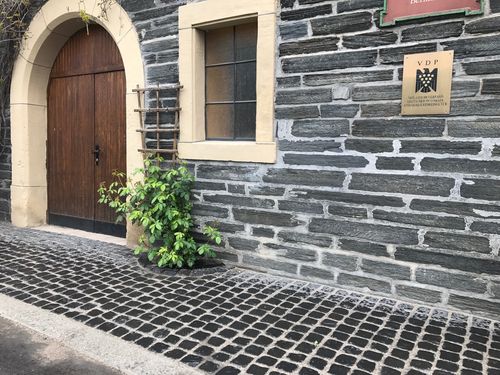“GREAT WINES ARE CREATED IN THE HEAD.”
ERNST F. LOOSEN SPEAKS ABOUT HIS WINES AND WINERY IN BERNKASTEL, MOSEL
Dr. Loosen
St. Johannishof
54470 Bernkastel-Kues
| Phone | +49 (0)6531/3426 |
|---|---|
| Fax | +49 (0)6531/4248 |
| drloosen@drloosen.de |
Office Hours
nach VereinbarungOwner
Ernst Loosen
Cellarmaster
Bernhard Schug
Member Since
1993
Wine Area
82,20 acres
Grape Variety
98% Riesling, 2% Weissburgunder
Geology
blauer & roter Schiefer, rotes Vulkangestein
Layers
Growing Areas
VDP:What is so special about your winery?
Ernst F. Loosen: Our greatest treasures are our top vineyards. We produce VDP.GROSSES GEWÄCHS® wines from ten grand cru vineyards that are classified as VDP.GROSSE LAGE®. A unique jewel is the Erdener PRÄLAT, one of the very best vineyards of central Mosel with up to 120 years old ungrafted vines. Because it is only 1.5 hectares in size, the wines from this vineyard are very rare. Recently we began welcoming wine enthusiasts for tastings in our beautiful visitor centre, built in historic style.
VDP:What is your winery philosophy?
Ernst F. Loosen: My motto is: great wines are created in your head. In other words, you have to have a clear idea of where you want to go. Mosel Rieslings were already appreciated worldwide for their finesse and elegance more than 100 years ago. Today we feel committed to this ideal, which presents us with special challenges in times of global warming. Respect for nature is a matter of course for us.
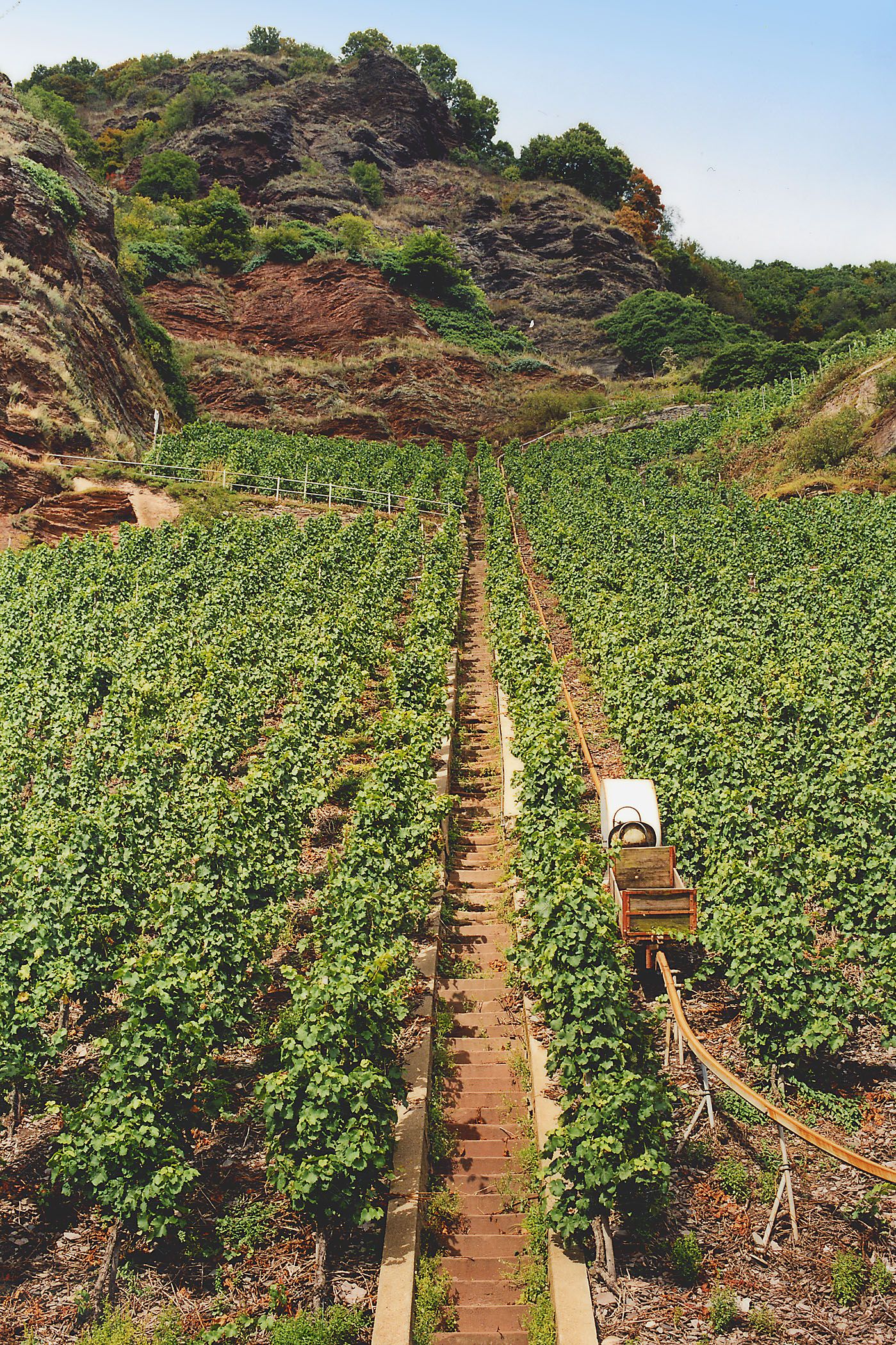
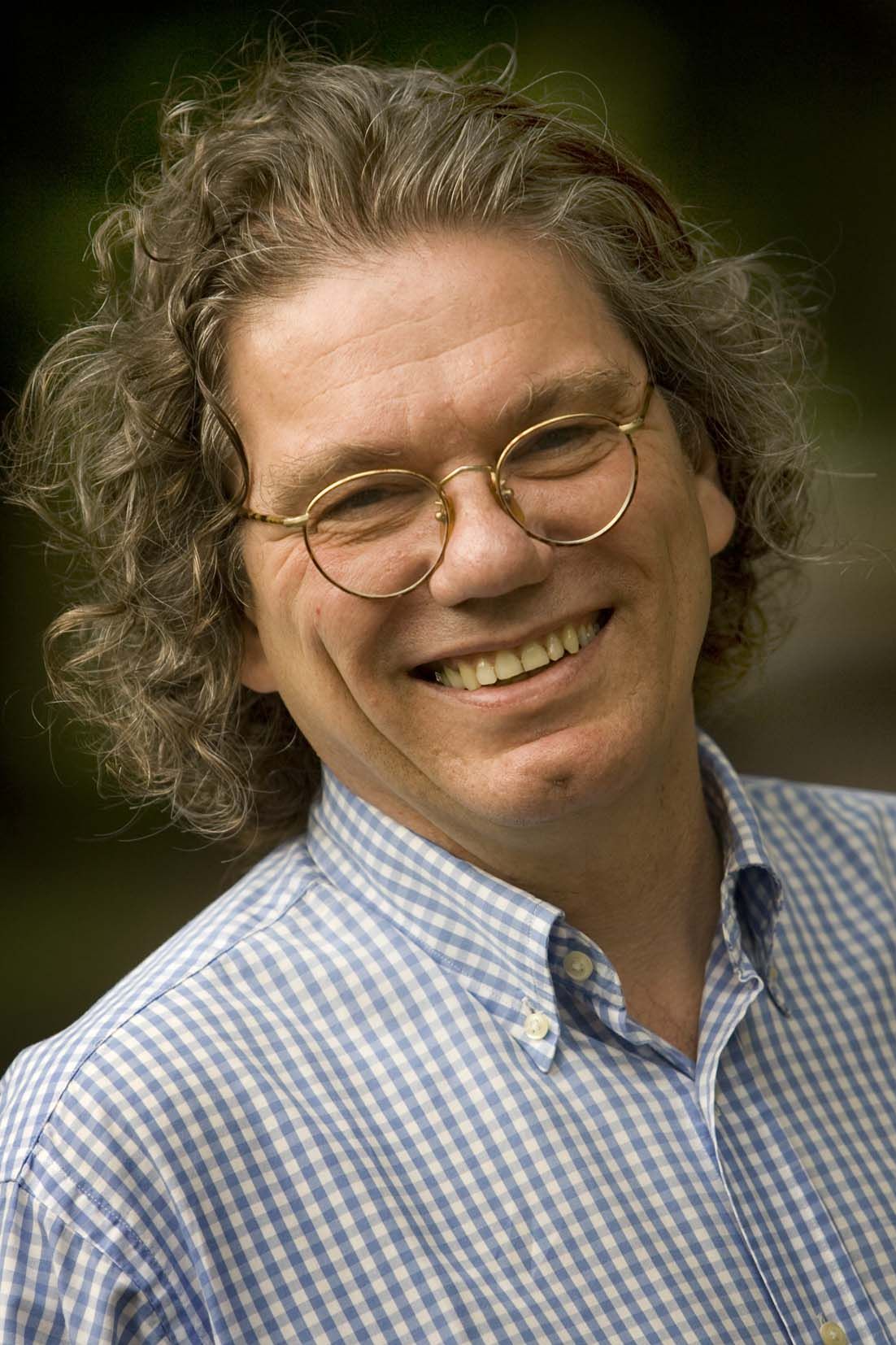
VDP:For what wine style do you strive? Do you have a favourite grape variety?
Ernst F. Loosen: Rhetorical counter-question: is there a white grape variety that produces more finesse and elegance than Riesling?
VDP:Which of your wines would you recommend to someone who does not yet know your winery – as an introduction, so to speak?
Ernst F. Loosen: Our VDP.GUTSWEIN Rieslings Dr. Loosen Blauschiefer and Dr. Loosen Rotschiefer. Each of these wines reflects the two different main soil types of the Mosel. They taste very different and at the same time unique.
“THE LAST RUNGS ON THE QUALITY LADDER ARE THE MOST ARDUOUS.”
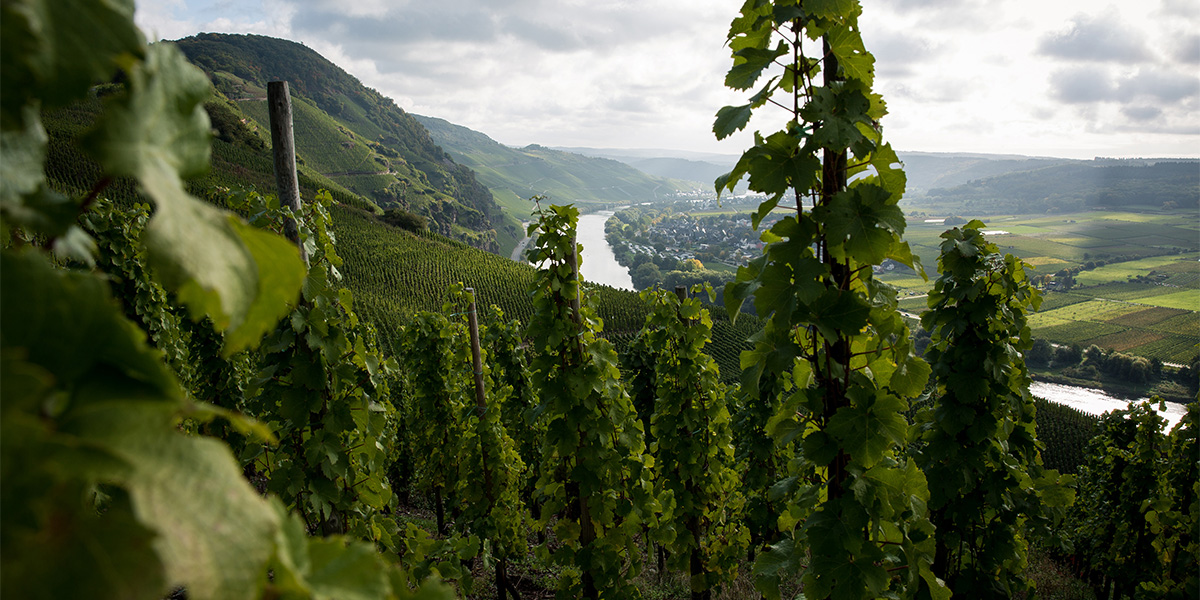
VDP:Of which wine are you particularly proud?
Ernst F. Loosen: Even if it sounds like a platitude: I am very proud of all our wines. They owe their special quality to a long development process. We are constantly thinking about what we can improve. This also means that we increasingly vinify our wines again in the old style, with long barrel maturation and in the case of the classic, fruity predicate wines, with reduced residual sweetness.
VDP:Do you have role models?
Ernst F. Loosen: There was not just one role model. I admired all those winegrowers who make great wines and I still do today. In the mid-eighties I met the wine critic Stuart Pigott. At that time, he was one of the first who was again interested in Mosel Riesling and was very well networked. He introduced me to the English wine scene. At that time, people in London drank different wines than what we drank in Germany: great wines from Bordeaux and Burgundy, for example. We then visited the top winegrowers in Alsace and Burgundy together. My convincing argument for Stuart Pigott to take me with him: I had a driving licence, he didn’t. A trip to the Wachau to which he invited me was also very impressive and formative.
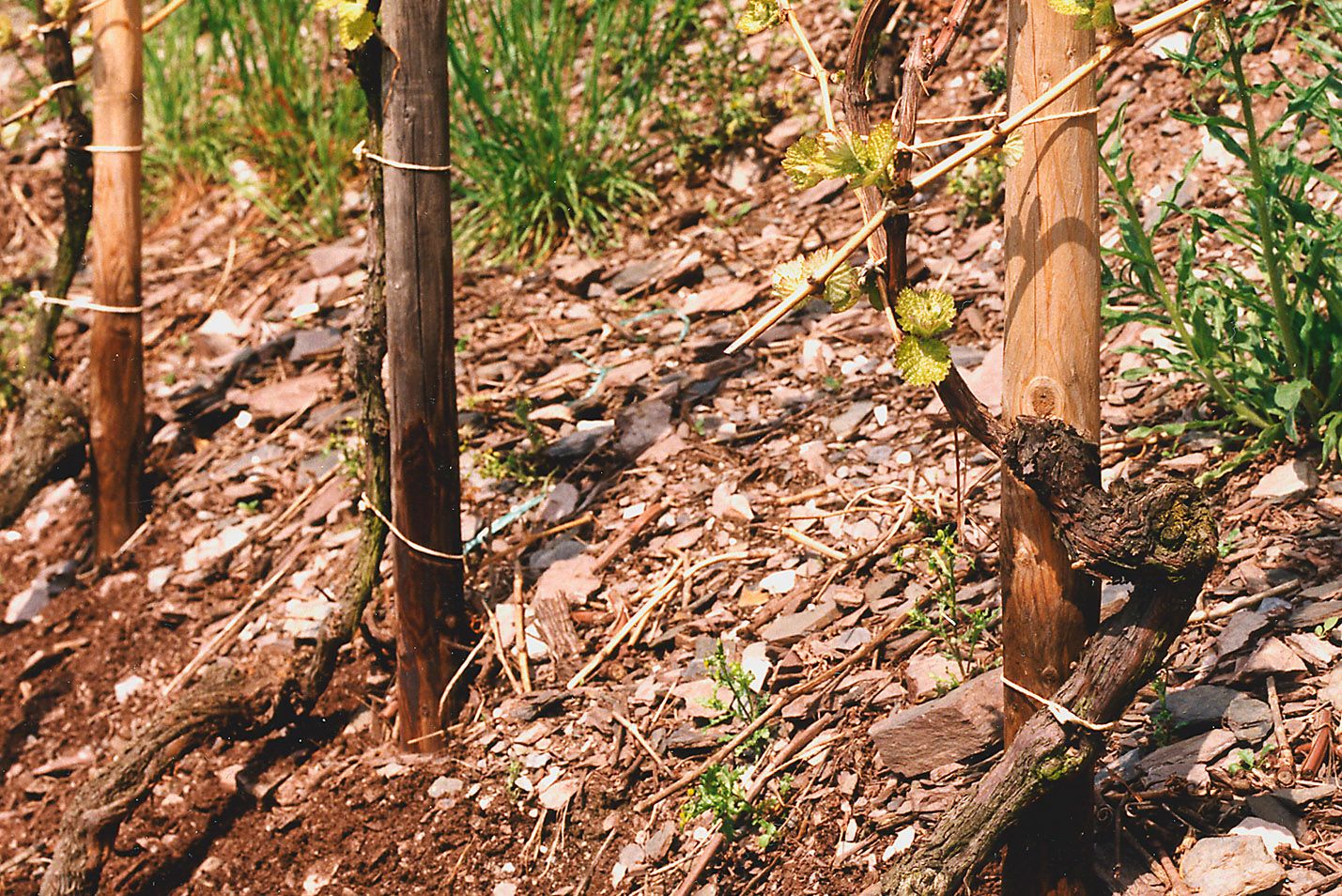
VDP:What are your next goals?
Ernst F. Loosen: This question is very justified, because I have been producing wine with great success for 30 years and success can make you sluggish. But that’s not the case with me. I’ve remained curious. I’m still learning. I’ve never given up trying to get better. After all, if you are well trained and know what you want, you can quickly make very good wines. Despite that, the last rungs on the quality ladder are the most arduous. That in turn makes the job so interesting. The more experience I gain, the more adjustments I notice to improve wine quality.
VDP:Do you stick to traditions, if so, which ones?
Ernst F. Loosen: I couldn’t hold on to traditions; they were largely buried when I took over the business. I developed traditional winemaking step by step, by tasting very old Mosel Rieslings and by studying old scripts. There were always great, enlightening experiences. For example, when an old customer of my paternal grandfather, who at that time only produced dry wines, brought me a 1947 Ürziger Würzgarten Riesling dry. The wine was not a bit oxidized, but marvellously fresh and wonderfully matured. I found out that one of the main reasons for the longevity of this wine was its long barrel maturation. In the meantime, I produce my own wines that are matured on the gross lees in the barrel for years, one wine even for almost 30 years. Another example: I have tasted sweet Mosel Rieslings that were decades old and still incredibly fresh and delicious. Why? Because they had significantly less residual sweetness than today. That inspired my winemaking a lot. Today I make my own wines in the old style.
